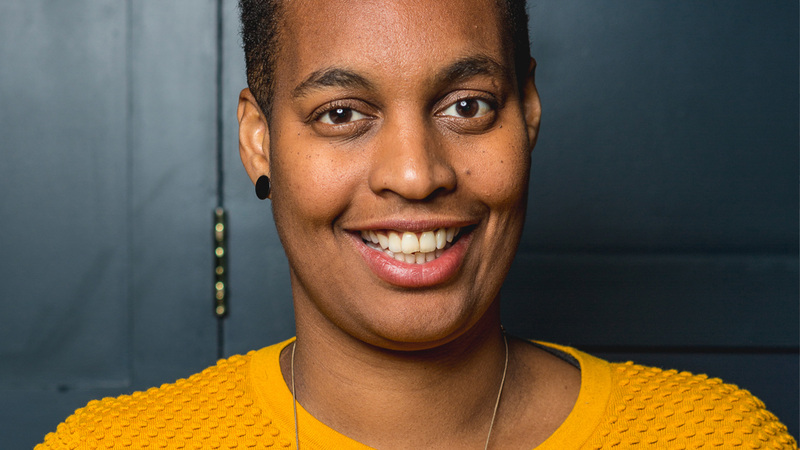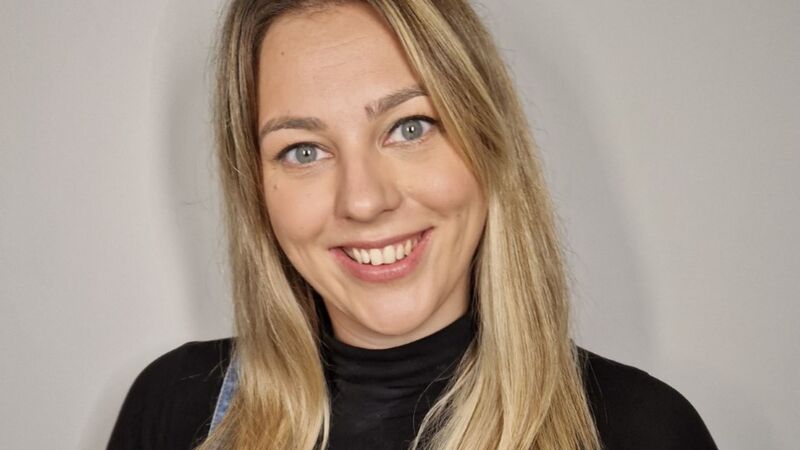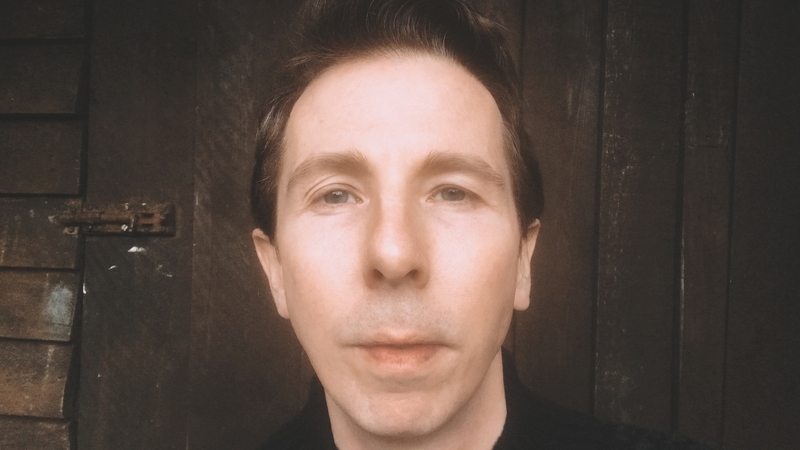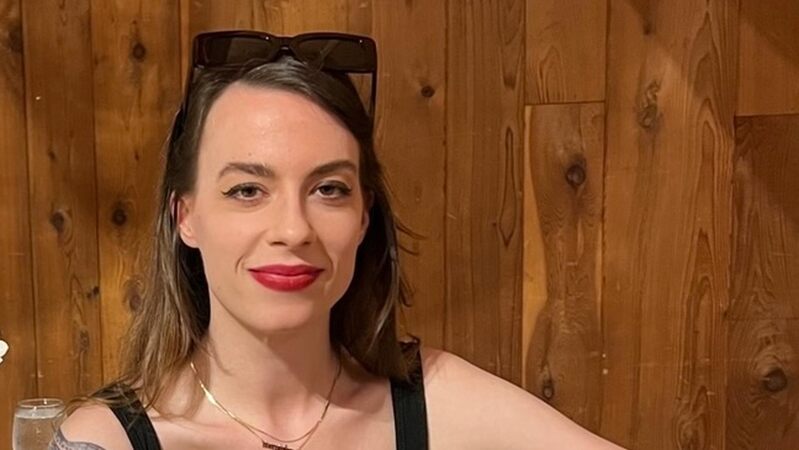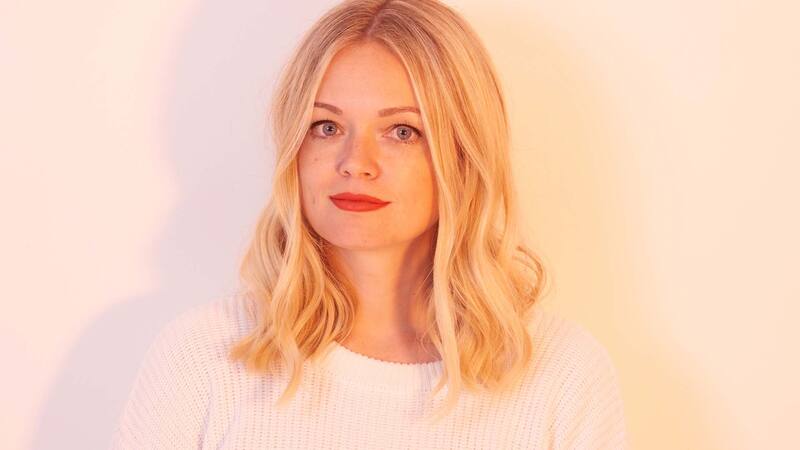You are viewing your 1 free article this month. Login to read more articles.
Suffering on stage
A new theatre version of Hanya Yanagihara’s harrowing global bestseller, A Little Life, pushes experimental adaptations to new limits.
When I tell people that one of the shows which I’m most looking forward to seeing at this year’s Edinburgh International Festival is a four-hour stage adaptation of Hanya Yanagihara’s global bestseller, A Little Life, their first reaction is to ask how on earth is it possible to translate a novel like that to the stage.
It’s a fair question. Published in 2015, Yanagihara’s novel, which has sold more than a quarter of a million copies in the UK alone, has inspired multiple opinion pieces about the way it depicts suffering. Whether or not you’re a fan or detractor of Yanagihara’s novel – it tends to provoke strong feelings in people either way – you can’t deny she puts her characters through the wringer. She piles torment upon torment upon her protagonist Jude St. Francis, a gentle young man who becomes a high-flying lawyer despite undergoing horrific abuse as a child, a string of brutal acts and violations that have left him physically disabled, psychologically scarred and prone to bouts of extreme self-harm.
Though Yanagihara has been working on a television adaptation of the novel for some time, it has yet to be picked up by any platform, perhaps because she has been unwilling to dial down the harrowing nature of the material. She did, however, grant the rights to prolific Belgian director Ivo van Hove to adapt it for his company Internationaal Theater Amsterdam (ITA).
Van Hove is not interested in realism, rather in finding a theatrical form that can convey the characters’ suffering – and the novel’s emotional trajectory.
If you’re familiar with van Hove, this makes a lot of sense. Adaptation is a major thread in the director’s work, both adaptations of films – "All About Eve", "Visconti’s Obsession", Bergman’s "Scenes from a Marriage" – and latterly literary adaptations. He previously directed a version of Ayn Rand’s The Fountainhead (also four hours long, albeit oddly apolitical) and has recently adapted the third novel of French literary sensation Édouard Louis, Who Killed My Father, for the stage – UK audiences can see this in September at the Young Vic. An adaptation of Stephen King’s The Shining is also on the cards.
It’s a huge generalisation, but European directors tend to have a freer approach to literary adaptation than their UK/US counterparts. A version of A Little Life that attempted to capture its endless cycle of domestic violence, sexual abuse, self-injury and medical crises would be excruciating to watch, a harrowing experience for audiences and actors alike, but van Hove, who I spoke to recently for the Stage, is not interested in realism or naturalistic rendering of these things, rather in finding a theatrical form that can convey the characters’ suffering – and the novel’s emotional trajectory.
The resulting production, which premiered in Amsterdam in 2018, is being presented in Edinburgh alongside Toneelschuur Producties’s "The End of Eddy", based on Louis’ debut novel (itself the basis of multiple stage adaptations). Marie Vinck and Stef Aerts’ staging of Thomas Mann’s German classic The Magic Mountain, was also due to be performed but unfortunately it was cancelled because it turned out to be too technically complex for the Edinburgh venue. All these productions share a more metaphorical and expressionist approach to their respective texts. In their version of The Magic Mountain, the death of Hans Castorp’s cousin Joachim sees the actor playing him slowly having his clothing stripped from him as he runs in circles, his breathing becoming increasingly laboured – it is as moving as any more conventionally staged death scene, perhaps more so.
The European approach to adaptation allows directors to tackle texts that might otherwise be dauntingly difficult to stage. In the UK we tend to place a greater emphasis on faithfulness, to plot, to story, while on the continent the text is often a jumping-off point. Again, this is a generalisation – Anthony Lau’s recent version of Anna Karenina for the Crucible Theatre in Sheffield was inventive and playful, stripping away many of the expected trappings of Tolstoy and adding poppy contemporary costumes and music, while still conveying Anna’s turmoil. Could it have pushed things further? Absolutely. But this kind of approach requires more development time than we typically have in the UK and it displayed an irreverence that was refreshing.
Having interviewed van Hove, he clearly sees the book as being as much about love and friendship as pain. It’s also a book about beauty – and van Hove, who makes all his work in collaboration with his partner, designer Jan Versweyveld, will no doubt find a way to convey the rarefied world of Jude and his artistic friends on stage. It’s telling, however, that it’s hard to imagine a British theatre having the confidence, clarity of vision, or even the inclination to attempt such a thing in the first place.
"A Little Life" is at the Festival Theatre, Edinburgh from 20th-22nd August.










